The months of fiery race riots of 2020 revealed an unholy fire in the minds of many Americans—Americans who no longer believed in America, but wanted to burn it down. They have not gone away. Many hold high office and their ideas are part of the curricula of state schools. To counter this unholy fire, let us consider what America is truly about.
The American Creed
America is as much a set of principles as it is a place. There is a reason why the ill-fated but heroic demonstrators at China’s Tiananmen Square in 1989 raised American flags. We will thus speak of the American creed. Americans are not catechized into this creed in the formal manner done by a church (although we need that). However, America has a creed of a certain kind. It has been put in several ways, but essentially states that:
- America is a republic, affirming that government only legitimately constituted upon “the consent of the governed.”
- America recognizes the potential and weaknesses of human nature, so it does not concentrate power in any single branch of government.
- America affirms and promotes religious and political freedom, equality, and opportunity.
- America allows for and encourages upward mobility through individual initiative—the “rags to riches” story or attaining “the American dream”—not through state action.
- America is a beacon for the nations, or a “city set on a hill,” as Cotton Mather said in a famous sermon. We are a sacred trust between God and “we the people.”
- America endeavors to honor and hold true to its founding documents. Thus, calling something “unconstitutional” is a reproach.
- America is a place where moral and political reform is possible within the founding ideals and without violence.
- America is a land that welcomes legal immigrants who want to become Americans and find a better life. The creed is shaped by our founding documents—the Declaration of Independence and the Constitution—as well as by salient aspects of our history, such as the Revolutionary War (freedom from England), the Civil War (freedom for African Americans), World War II (the victory over fascism), and the Cold War (the victory over Communism).
America as a nation began in 1776, but long before that, settlers came with a mission to the New World—such as those on board the Mayflower, which arrived in 1620. Before arriving, most of the male passengers signed the Mayflower Compact, which captures the American spirit of fearing God and wanting
to covenant… into a civil body politic; for our better ordering, and… hereof to enact, constitute, and frame, such just and equal laws, ordinances, acts, constitutions, and offices, from time to time, as shall be thought most meet and convenient for the general good of the colony.
The American creed has freedom or liberty for its backbone, but not license. It is a freedom ordered by law and guided by conscience. It is freedom from tyranny and freedom for virtue. This is a creed to live up to, not an excuse to fail. It allows us to look at America’s failings—whether its treatment of Native Americans, African Americans, women, etc.—with neither excuse nor defeatism. It is no accident that in his 1963 “I Have a Dream” speech, Martin Luther King Jr. called for America to “rise up and live out the true meaning of its creed: ‘We hold these truths to be self-evident, that all men are created equal.’ ”
America and Religious Belief
While America is not a Christian nation by official creed, it has been a God-fearing nation informed by, at its best, a Christian conscience. The American form of civil government is unlike other forms of civil government because it is essentially covenantal in its origin and constitution. A covenant, in the theological sense, is more than a contract. A covenant is made with a sense of honor and obligation before a transcendent reality. It stipulates a binding moral relationship among the people of the covenant who consent to it. A contract, by comparison, is a contingent arrangement made between parties for mutual financial benefit. It is a business transaction, not a sacred trust or moral responsibility.
The Founders articulated a covenant by declaring the United States’ moral right, under God, to separate from England and to begin a new nation, which would secure God-given rights through government. Its inspiration was, ironically, the traditions of liberty developed in England over centuries. As Winston Churchill said, “The Declaration of Independence is not only an American document. It follows on the Magna Carta and the Bill of Rights as the third great title-deed in which the liberties of the English-speaking people are founded.” It is a republic in that its government is directed by the will of the people according to set principles and procedures, as opposed to any one person or one class of elites controlling the nation. The Declaration of Independence rejected not only the king’s right over his colony, but the divine right of kings in favor of a republican government. Consider the majestic Preamble to the Constitution, which is made by “we the people,” not by any sovereign.
We the People of the United States, in Order to form a more perfect Union, establish Justice, insure domestic Tranquility, provide for the common defense, promote the general Welfare, and secure the Blessings of Liberty to ourselves and our Posterity, do ordain and establish this Constitution for the United States of America.
America fought for its freedom from England and declared its distinctive identity in the Declaration (the why of America) and later through the Constitution (the how of America). Just as the Hebrew republic could fail through disobedience to God, the American republic could be lost through the negligence of its citizens. When Elizabeth Willing Powel asked Benjamin Franklin what the Constitutional Congress of 1787 had given America, he replied to this politically savvy woman, “A Republic, if you can keep it.” In a letter dated January 9, 1790, George Washington wrote, “The establishment of our new Government seemed to be the last great experiment, for promoting human happiness, by reasonable compact, in civil Society.” It was a well-conceived, though imperfect, experiment—one that could be improved upon or that could fail entirely.
Abraham Lincoln reflected on his place in the meaning of America in light of his reading of a book about George Washington and the Revolutionary War. “I shall be most happy indeed if I shall be a humble instrument in the hands of the Almighty, and of this, his almost chosen people, for perpetuating the object of that great struggle.”
Consider Lincoln’s lapidary phrase— “his almost chosen people.” America was not the new Israel, but it was a new nation with a self-reflective creed which began with a Declaration. In 1862, Lincoln sent a message to members of congress encouraging them to prevail in preserving the Union. He said, “We shall nobly save, or meanly lose, the last best hope of earth.” The Great Seal of America indicates this sense of call and destiny as well. The first act of Congress after the signing of the Declaration of Independence was to create a Great Seal that would, through image and words, distill the essence of the nation. On it was written Annuit Coeptis, which means “undertaking favored by Providence.” Below that was written Novus Ordo Seclorum, which means “a new order of the ages.”
Patriotism
A qualified patriotism is in order for the common good, given the good of the American Creed and in the providence of God. The Lord placed us where we are for a reason: as actors who shape history (Acts 17:26–27). We live in nations, but the nation is a poor excuse for the church, since it alone has received the promise of Jesus Christ that “the gates of hell will not prevail against it” (Matthew 16:18). No nation is eternally secure before a holy God (Isaiah 40:15–17) but seeking the welfare of one’s country and appreciating its unique benefits is the measure of wisdom (Jeremiah 29:1–7; Matthew 5:16–18). That is what I mean by “qualified patriotism.”
The notion of “My country, right or wrong” is wrong. A patriot in this sense thinks their nation has a messianic role in world history. However, to recognize that America has a unique and salutary role in the world, given its natural resources, beauty, history, and creed, need not be idolatrous. The American system lays a strong foundation for preserving liberty, ensuring basic rights, and allowing for constructive change in national life. Appreciation for America as a nation and a commitment to American ideals is commendable and does not require that anyone turn a blind eye to America’s racial sins such as slavery and Jim Crow. Whatever injustices still exist—racial or otherwise—are best addressed by the best of the American creed and its founding documents, not by condemning it all and trying to burn it down.
This essay is excerpted from Fire in the Streets: How You Can Confidently Respond to Incendiary Cultural Topics (Salem Books, 2022).
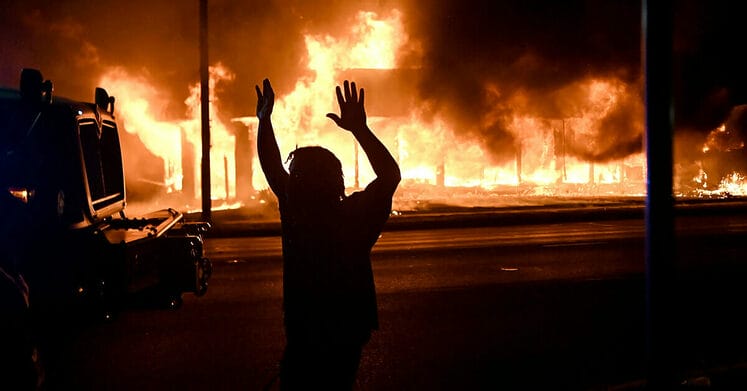

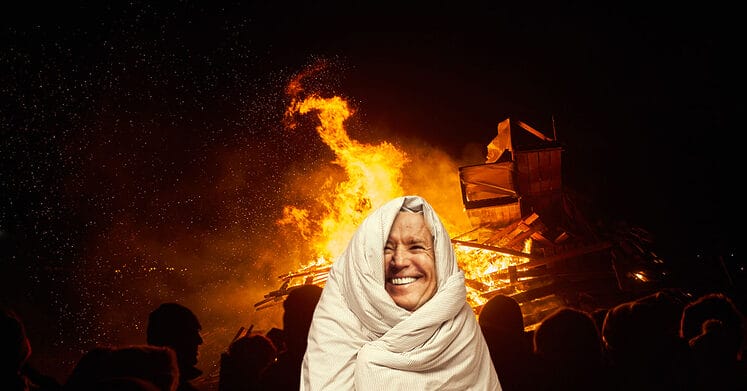
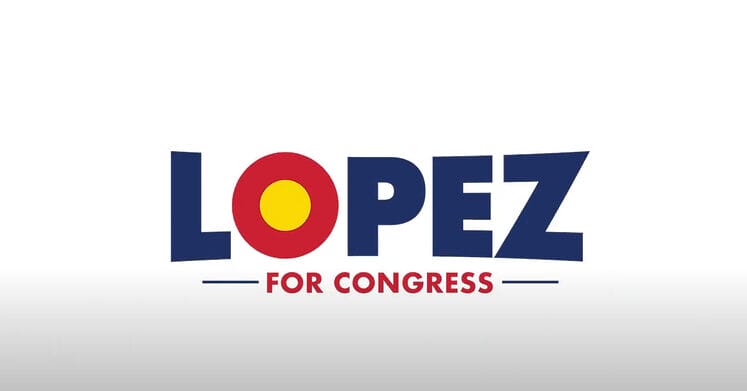
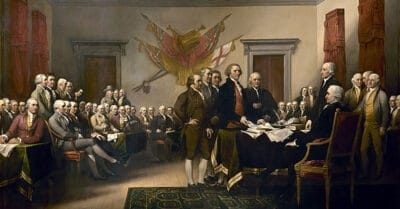
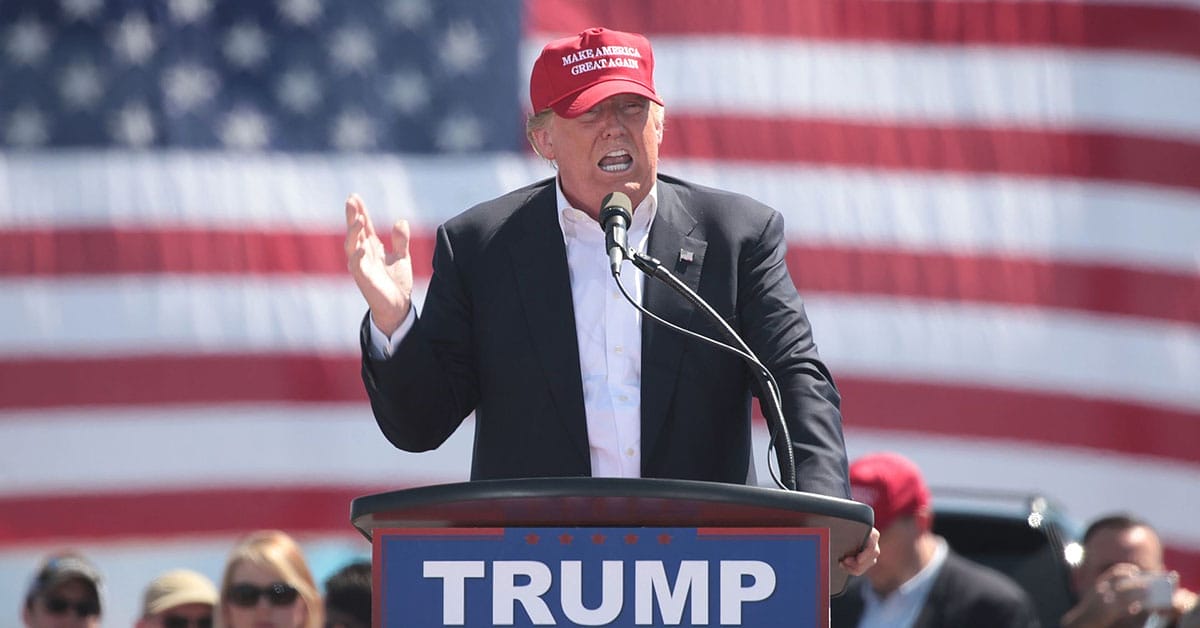



Responses